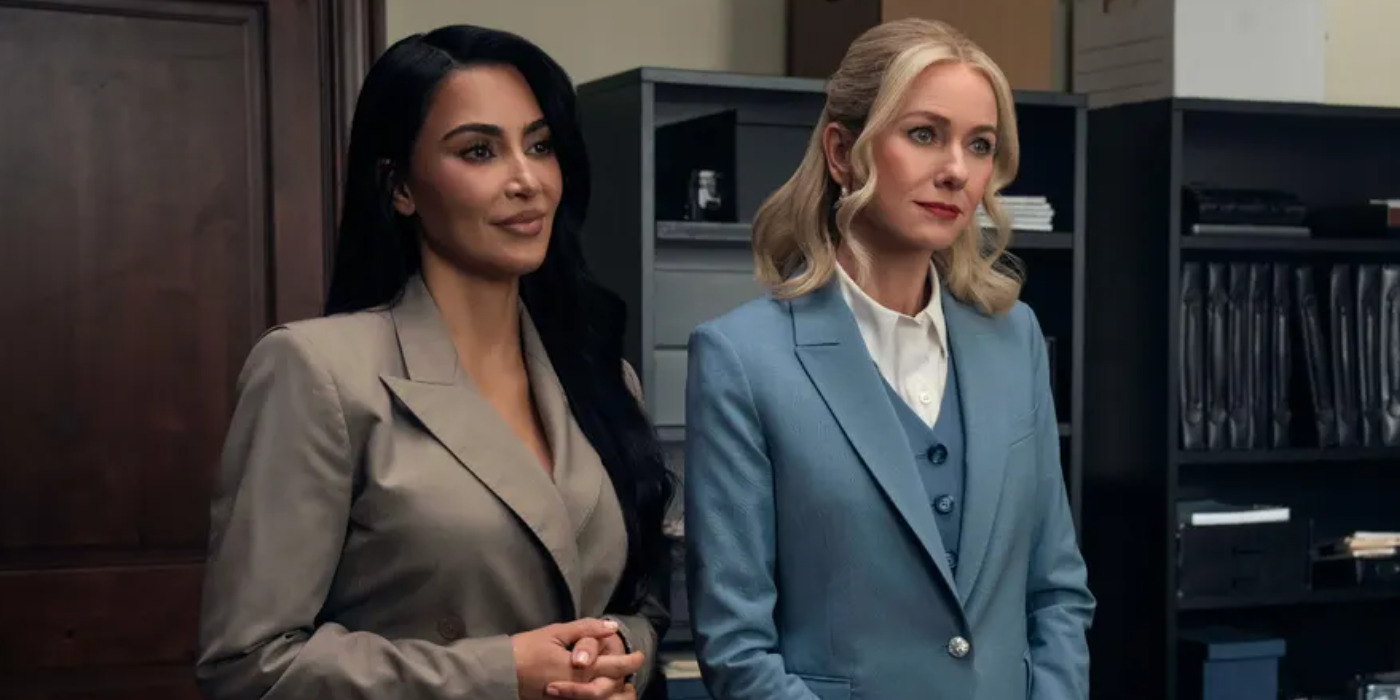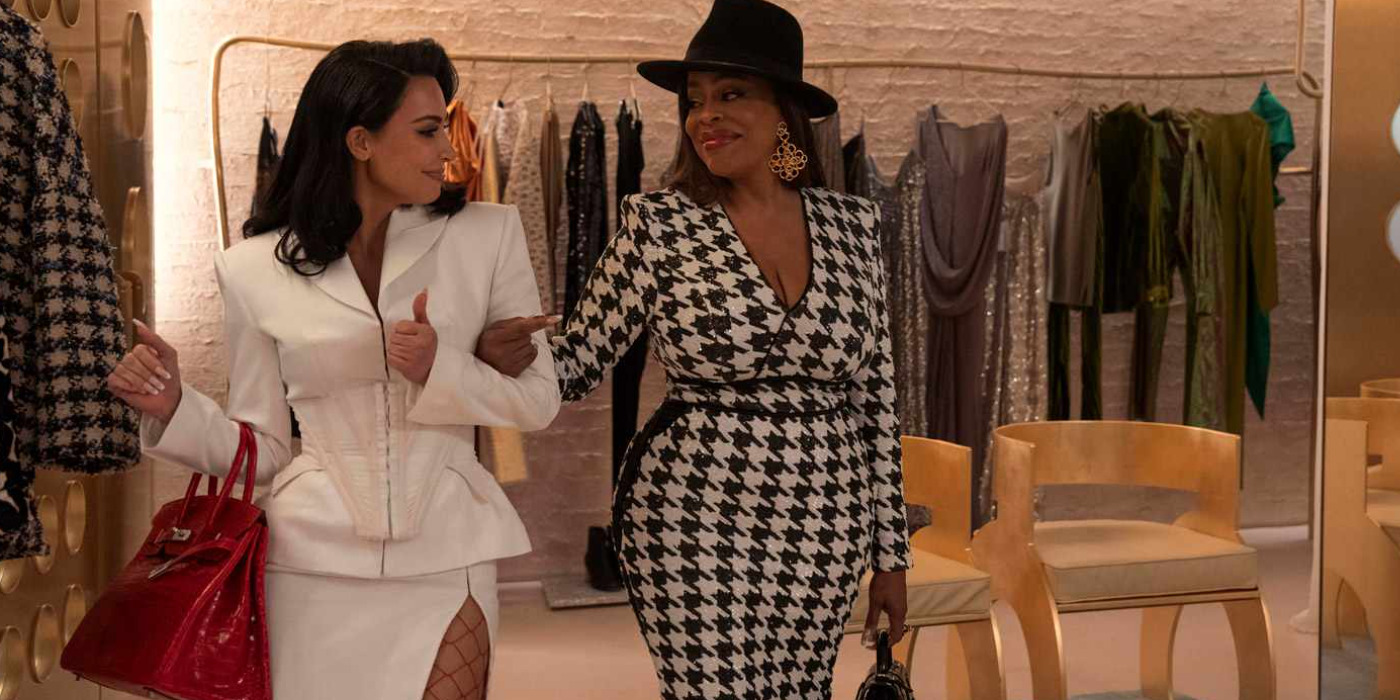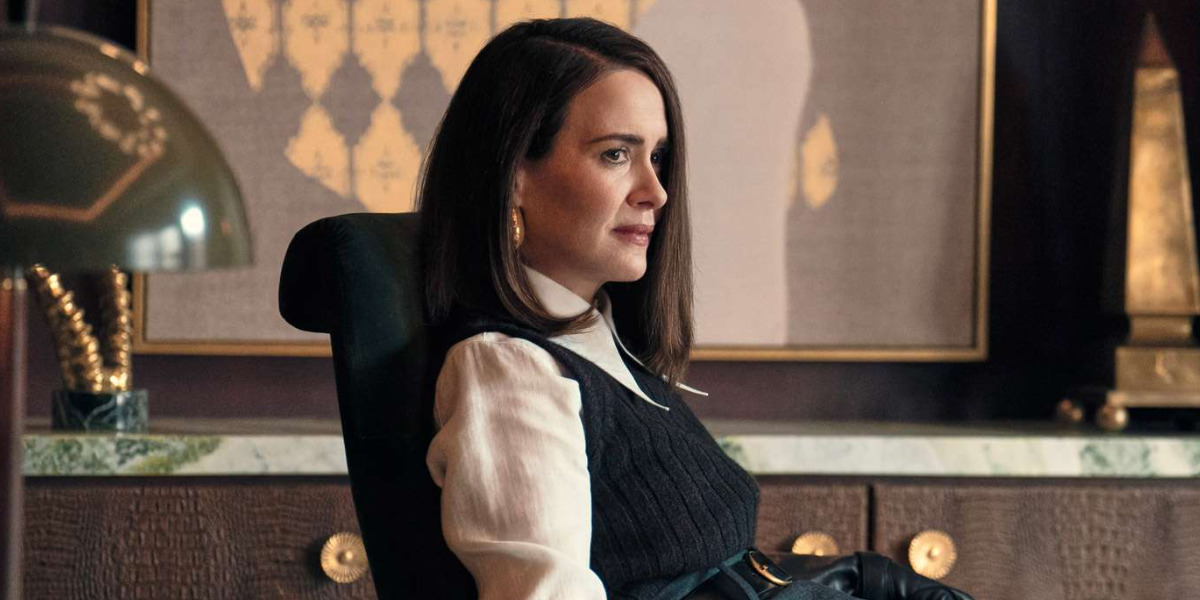In Hulu’s legal drama show ‘All’s Fair,’ the narrative delves into the deep end of high-profile family law, as explored through the inner workings of an all-female law firm. Ever since leaving their old, male-dominated firm, Allura Grant, Liberty Ronson, and Emerald Greene have built a lucrative and highly successful divorce firm, operating under the motto “for women, by women.” Therefore, it makes for ironic tragedy when Allura’s own marriage crumbles, bringing her to divorce proceedings that are sure to be lethal. Fortunately, she can rely on her mentor and eternal supporter, Dina Standish, one of the most seasoned horses in the game. However, an equal and opposable force sits on the other side of the negotiating table as her soon-to-be-ex, Chase Munroe, employs his wife’s ruthless rival, Carrington Lane, as his attorney. Between this central divorce case and the many others they handle at Grant, Ronson, and Greene, the series presents multiple narratives about attorneys, with varying degrees of authenticity behind them.
All’s Fair Delves Into Themes of Sisterhood and Female Empowerment Through Its Fictitious Attorneys
Much like other storytelling elements in ‘All’s Fair,’ most of its characters are also works of fiction with no roots in real-life people or events. As a result, Allura’s closest friends and fellow attorneys, Liberty Ronson, Emerald Greene, and Dina Standish, all remain fictional characters with no real counterparts off-screen. Similarly, the overarching antagonist of the story and Allura’s arch-nemesis, Carrington Lane, is also a fabricated personality. All these characters were constructed by Ryan Murphy, his co-creators, Jon Robin Baitz, Joe Baken, and the other screenwriters. Yet, the storylines of all these characters underline the reality of being a woman in the male-dominated industry in some way or another.

For instance, characters like Liberty and Emerald, who have made it their life’s mission to help women exit marriages without getting the short end of the stick in terms of financial compensation, represent a realistic aspect of family law. According to research conducted by Professor Lynn Mather, female lawyers practicing divorce law had a significant impact on the practice. The professor found that their tendency to advocate for their clients aggressively was a result of their willingness to care about the cases on a personal level. While the research, conducted in the 1990s, highlighted a specific social reality of its time, it also contextualizes the relevance and significance of female lawyers in what is otherwise largely a boys’ club.
‘All’s Fair’ emphasizes the same thing through the characters of Liberty and Emerald. Furthermore, they delve into the psychological aspect of the profession, exploring how regular dealings with disheartening cases of betrayal and heartbreak might affect a woman’s personal heterosexual relationships. Notably, their narratives also highlight the importance of female friendships, a theme further underlined through Dina’s character. As the latter, an older attorney, presents a mentor figure for the others, her character becomes relevant to the conversation of intergenerational female bonds. Alternatively, Carrington’s antagonized character adds an element of friction, diving into the realities of female rivalries.

Much of this is possible through the effortless chemistry between the actresses, both on and off screen. In a conversation with Numéro, Niecy Nash, who plays Emerald, spoke about the same. She said, “We clicked right from the start. Ryan Murphy hosted a dinner for us, and after a few cocktails, we were best friends. We were gossiping, sharing secrets, we really hit it off. It’s a group of women who genuinely love each other. People often ask me, what did you learn from them? My answer is that it’s more about what I gained thanks to them! Because it’s true sisterhood. I know I can count on them, and they know they can count on me.” Ultimately, while these characters offer little relevance to real life, their extensive professional and personal lives remain grounded in a sense of relatability.
Read More: Is All’s Fair a True Story? Is Allura Grant Based on a Real Lawyer?


You must be logged in to post a comment.